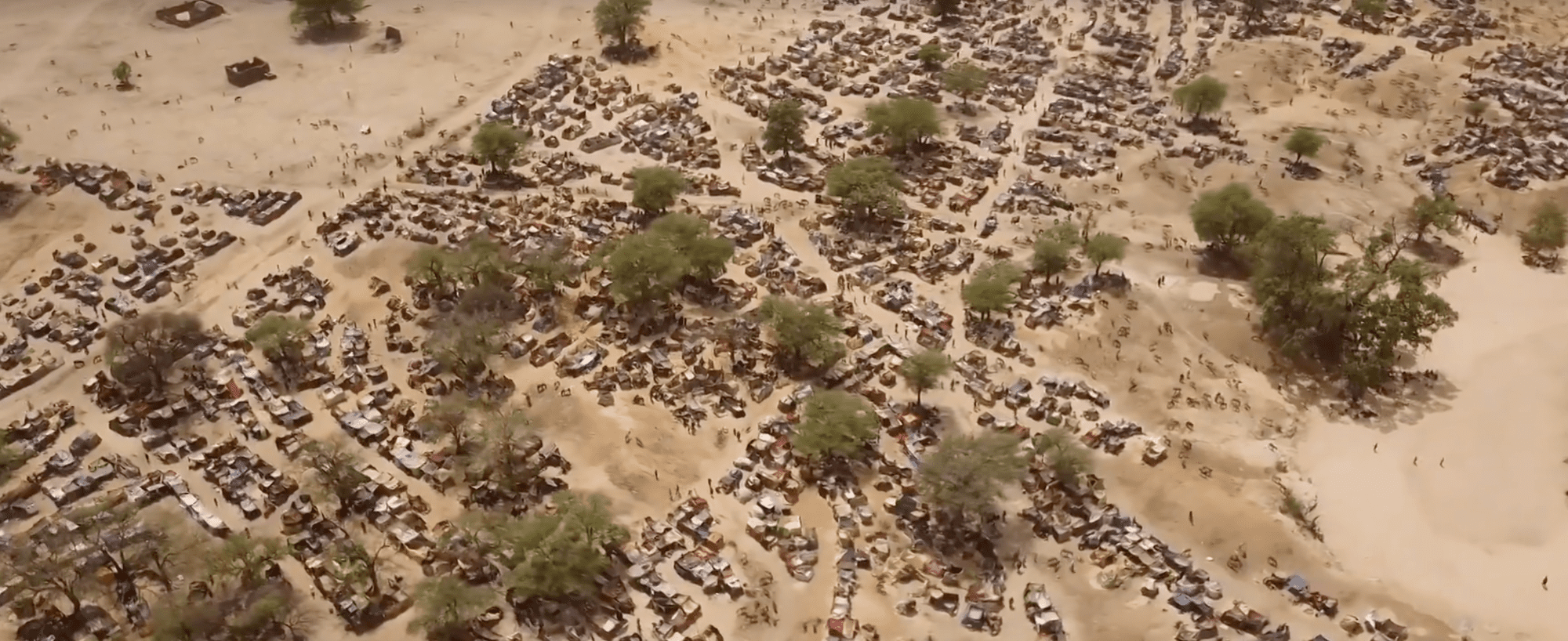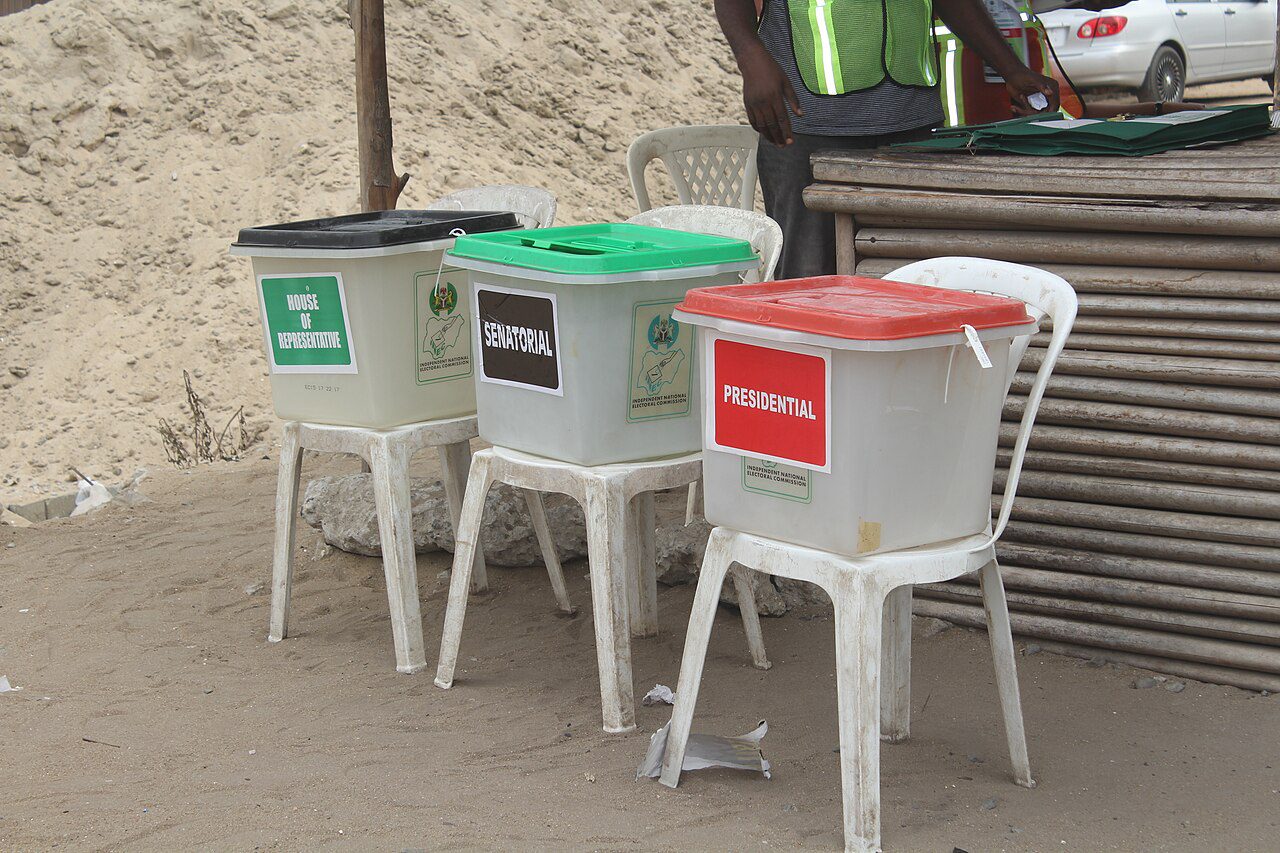Full article available with subscription through the Times Literary Supplement. Excerpt:
The Sudanese know the script of non- violent popular uprising. Indeed, they have a strong claim to being pioneers in the field, long before the 2011 Arab Spring, in October 1964, when peaceful protests forced the country’s military ruler, General Ibrahim Abboud, to quit. The demonstrations were organized in an ad hoc way by university lecturers, other professionals and students. That was one of their strengths – had they spent time debating goals and strategies, they wouldn’t have seized the moment. After four days of rallies across the capital Khartoum, the fifth day’s protest followed the funeral procession of a student killed by the army. Saying, “I do not want to kill another student”, Abboud drove out of the presidential palace on the Blue Nile, crossed the bridge to the twin city of Omdurman where he had his private house, and lived the rest of his life…


